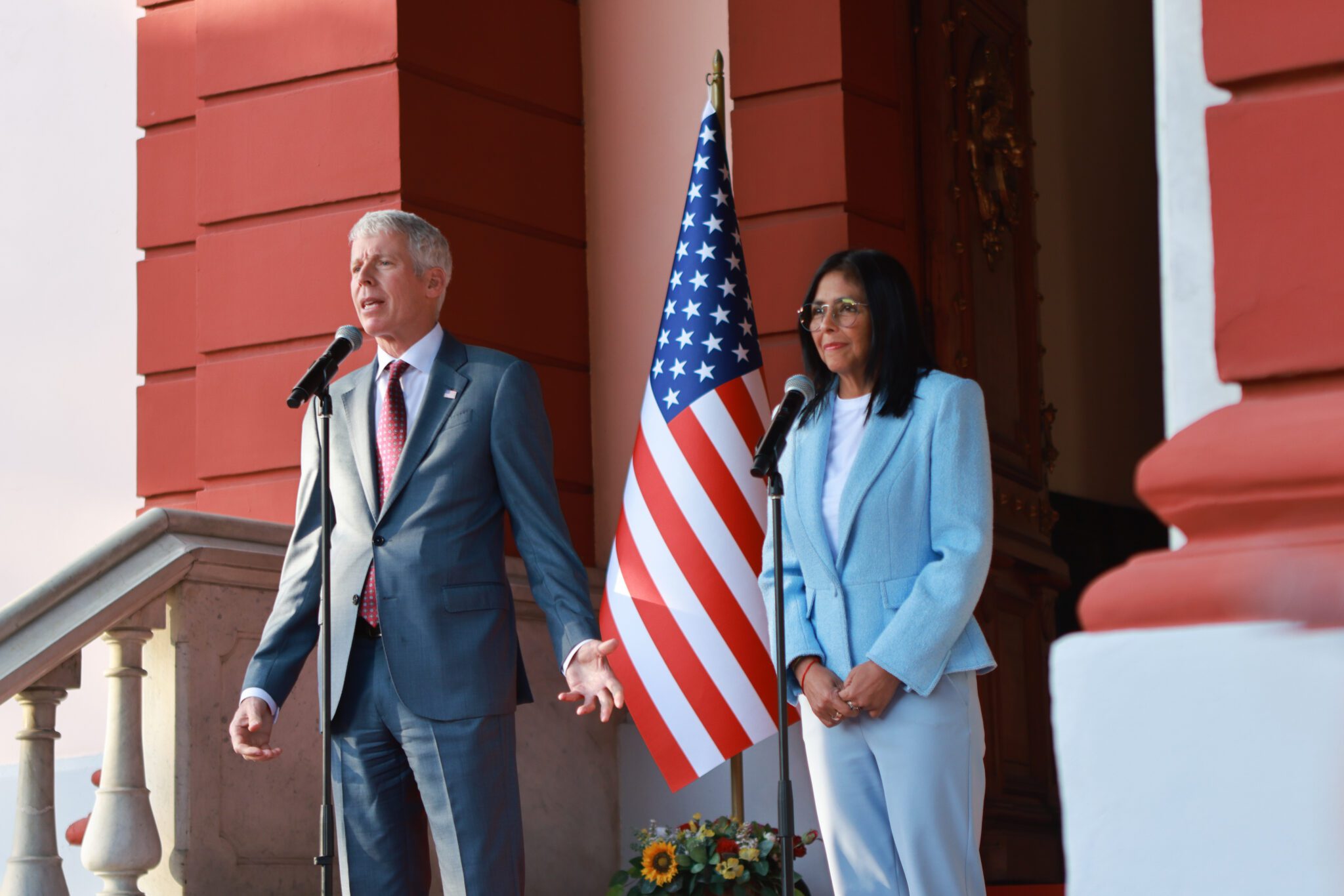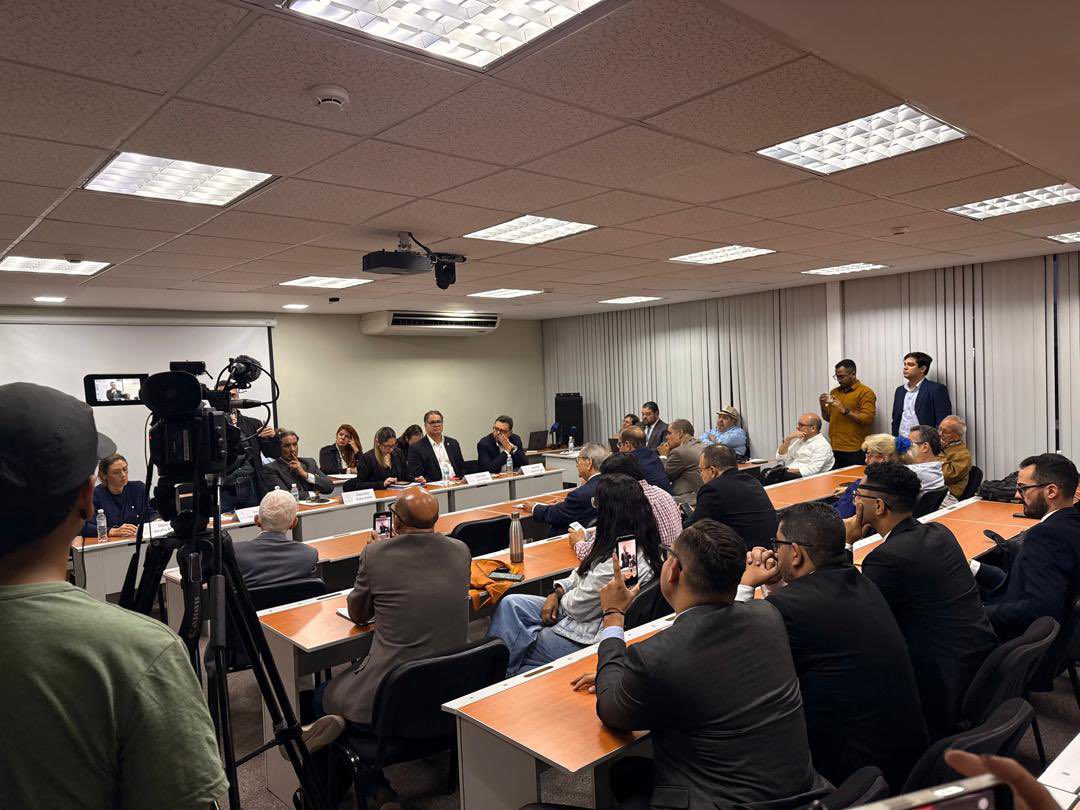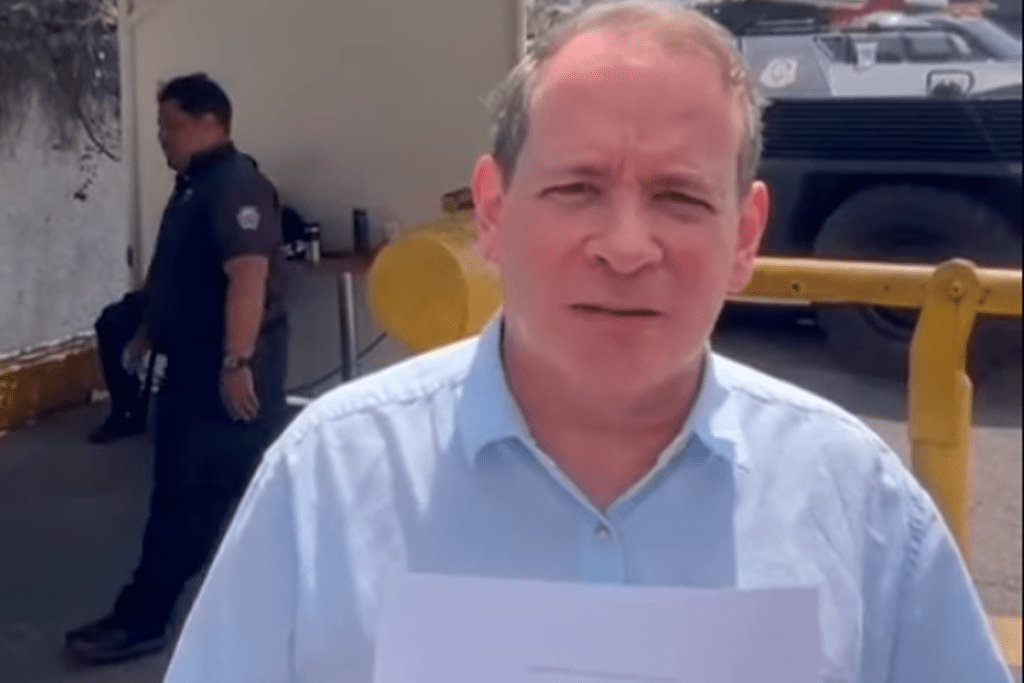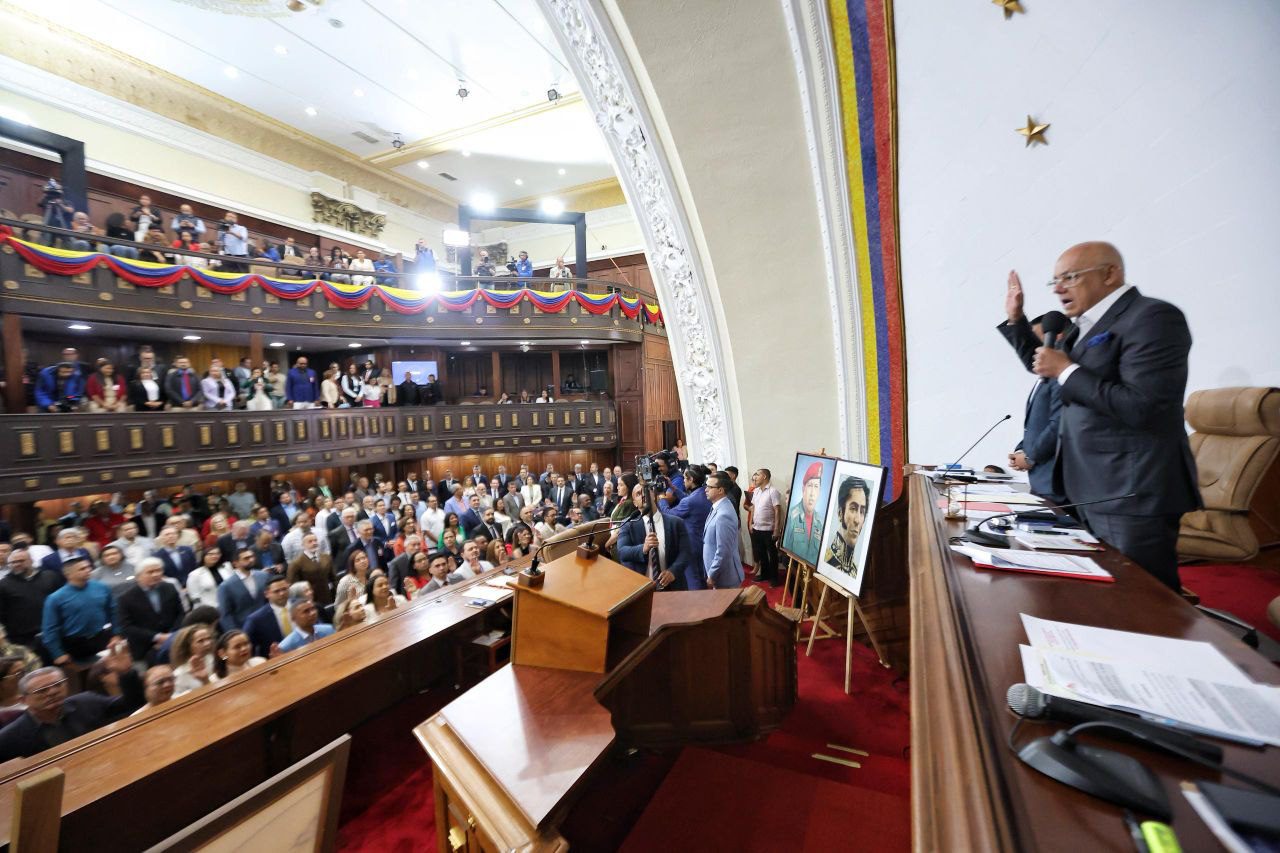The arrest and subsequent release of the journalist reignites concerns about the state of freedom of expression and recalls similar past cases involving crime reporters. Photo: Social Media.
Guacamaya, November 4, 2025. Venezuelan journalist Joan Camargo regained his freedom this Tuesday afternoon after five days in detention during which his whereabouts were unknown. The arrest of the journalist, who specializes in crime reporting, was marked by a condition of forced disappearance, as denounced by his family and various human rights organizations.
This case reignites concerns about press freedom in Venezuela and brings back memories of similar incidents involving crime reporters who were detained and later released within hours. These situations may reflect a pattern of state behavior toward journalistic work, especially as interest in crime reporting grows.
Timeline of Camargo’s Detention
On Thursday, October 30, 2025, Joan Camargo left his home in the San José de Cotiza parish of Caracas at approximately 8:05 AM. Shortly after, he was intercepted by individuals dressed in black, with no visible identification, traveling on a motorcycle and in a red car. The men forced Camargo into one of the vehicles, and he was not seen again.
The information was initially shared by the National Union of Press Workers (SNTP), which noted that there was no official notice nor any explanation for his arrest. These circumstances led to the classification of the incident as a case of forced disappearance, a claim supported by other civil organizations.
After more than 84 hours without news, Camargo’s family publicly denounced the forced disappearance and the lack of official information. In their statement, they expressed anguish and concern, and called on authorities to respect the journalist’s integrity and human rights.
The message also reported the filing of a habeas corpus petition before the Venezuelan judiciary, demanding clarification of Camargo’s situation and location within a maximum of 96 hours. The complaint was backed by organizations such as SNTP and the Committee for the Freedom of Political Prisoners (Clippve), which demanded an immediate investigation and Camargo’s release.
The case was also flagged by NGOs such as Provea and the Press and Society Institute of Venezuela (IPYS Venezuela), which denounced the escalation of aggression and detentions against journalists in the country.
Statement from the Mother and Journalist’s Release
Early Tuesday afternoon, María Rodríguez, Joan Camargo’s mother, posted a message on social media demanding information from authorities about her son’s whereabouts. In the video, she stated that the journalist had no problems with anyone and had committed no crime, and she appealed to Attorney General Tarek William Saab for intervention.
“It’s been five days without knowing anything about him. We’ve gone to every institution and no one tells me where he is. He’s a journalist who has done his job as he should,” said Camargo’s mother.
Hours after the video was shared across various media outlets, SNTP confirmed Joan Camargo’s release after more than 100 hours in detention. The news was announced via the union’s official social media accounts, along with a call to launch an investigation and hold those responsible for the forced disappearance accountable.
Parallels and Context
Joan Camargo’s case recalls the arrest and subsequent release of Román Camacho, another crime reporter, in March 2025. Camacho was arrested on March 4 by Cicpc officers in Caracas, reportedly linked to his coverage of a murder in Petare. He was charged with crimes such as incitement to hatred and spreading false information.
After more than 48 hours in custody, Camacho was released under precautionary measures, including a ban on publicly discussing the reasons for his arrest. As with Camacho, speculation on social media suggests that Camargo’s detention may be related to his reporting on criminal events that could be uncomfortable for certain sectors of power.
Camargo was in this situation for more than five days without any official statement. The incident reflects a systematic practice of forced disappearances and arbitrary detentions that has raised concern among the international community and human rights organizations. The journalistic community has also denounced a growing context of censorship and state harassment.







